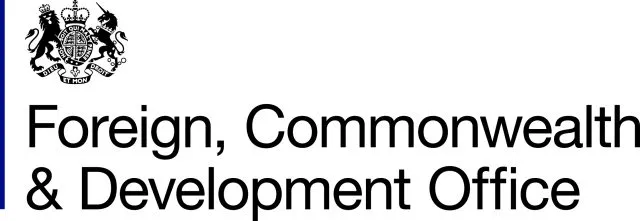Call for pragmatism and acting now
There is a strong call for pragmatism and taking immediate decisions and action. Despite (or because of) the complexity of the challenge, what is needed is clarity of focus, simplicity of action, and an acceptance of ‘good enough’ to improve the situation where possible. Not because refugee children do not require perfect solutions, but because they cannot wait. Iterations can be made along the way – as Zambia, Chad, Burundi, Ethiopia, Türkiye, Jordan and Colombia have done.
In Türkiye education experts were allocated to the field and reported to the ministry during the implementation of refugee education policies, providing a constant feedback loop from the school level to the policy level, enabling consequent iterations to the design of services to refugees.
Call for co-creation
Including the voices of refugees in educational decision-making ensures that solutions are contextually adapted and relevant, empowering beneficiaries to be part of the solution. The principle of “Nothing about us without us” emphasizes the importance of co-designing initiatives with refugee children, youth, parents, and communities at the center, ensuring their safe and meaningful participation. In 2023, over 2,000 migrants actively contributed to formulating the integration of migrant policy into public policy in Colombia, expressing their needs and how they could contribute.
GRF partners have pledged to facilitate smoother dialogue between refugee communities and host governments. They should continue working closely with refugees, refugee-led organizations, and coordination mechanisms such as Refugee Education Working Groups to surface concerns, innovations, and opportunities, integrating these into government and sector partner coordination. Participation should not be a mere formality.
Call for thinking big
To achieve big results, there is a call for the international community and governments to think big, plan big, invest big and act big. Some of the big ideas that were cited referred to global financial solutions through taxation or setting up funds to pay teachers, increased domestic financing, and inclusion approaches that focus on children irrespective of their status.
Call for collaboration
Reaching the shared aspiration for inclusion in education will require all partners to work together to recognize gaps and engage in critical areas where each has unique contributions to make, under the leadership of host governments. Policy experts, donors, foundations, global organizations, NGOs, and governments must collaborate to avoid fragmentation of policies or funds and to streamline bureaucratic procedures. The aim is to strengthen the refugee coordination mechanisms to support governments and co-create sustainable responses, focusing on responsibility sharing and burden shrinking.
Host countries are interested in learning from each other and working more closely with surrounding governments that have incorporated refugees to understand how they can help each other. The international community can help facilitate such knowledge exchange.
The GRF Mega Pledge has catalysed more attention for refugee education. The INSPIRE program is well-positioned to support the momentum and to be used as a vehicle for collaborative efforts. INSPIRE partners, FCDO, UNHCR and the World Bank welcome other partners to join the initiative to streamline funding, work with national education systems, and collaborate to align objectives.
Tracking progress and providing evidence on the operationalization of the 2023 Global Refugee Forum Mega Pledge will ensure continued momentum to bring more refugee children into host country education systems. The GRF pledge reporting and stocktaking process provides a light and flexible framework for monitoring progress.
Minna Mattero
Senior Knowledge and Learning Consultant, World Bank
Wilton Park | February 2025
In partnership with



-
Notes
Wilton Park reports are brief summaries of the main points and conclusions of a
conference. The reports reflect rapporteurs’ personal interpretations of the proceedings.
As such they do not constitute any institutional policy of Wilton Park nor do they
necessarily represent the views of the rapporteur. Wilton Park reports and any
recommendations contained therein are for participants and are not a statement of policy
for Wilton Park, the Foreign, Commonwealth and Development Office (FCDO) or His
Majesty’s Government nor any participating governments.
Should you wish to read other Wilton Park reports, or participate in upcoming Wilton Park
events, you can find out more here.
To receive our monthly bulletin and latest updates, please subscribe here.
